Chico State Cannabis Forum sparks up conversation on recreational and medical cannabis
The cannabis forum panel consisted of five speakers from various fields. (From left to right) Butte County District Attorney Mike Ramsey, University Police Chief John Reid, Butte County Health Department Officer Dr. Andy Miller, Fire Pharmaceuticals CEO Samuel Monteon and Inland Cannabis Farmers’ Association Executive Director Jessica MacKenzie. Photo credit: Alex Grant
The Campus Alcohol and Drug Education Center hosted a cannabis forum to inform students and community members on the laws, risks and benefits of marijuana/cannabis use Wednesday.
The panel of speakers consisted of five professionals informed on the topics:
- Mike Ramsey – Butte County District Attorney
- John Reid – University Police Chief
- Dr. Andy Miller – Butte County Health Department Officer
- Samuel Monteon – CEO of Fire Pharmaceuticals
- Jessica MacKenzie – Executive Director of Inland Cannabis Farmers Association
Associated Students Candidate Nadine Salas helped organize this event with CADEC.
Salas saw this as an “opportunity to not only protect our students but also inform out students on the issue of marijuana in Butte County.”
The forum began with a brief introduction of all the speakers and then was followed by a nearly 90 minute Q&A session between audience members and the panel.
All speakers brought their own perspective on the issues of cannabis and even started arguments within themselves on the legality of recreational cannabis.
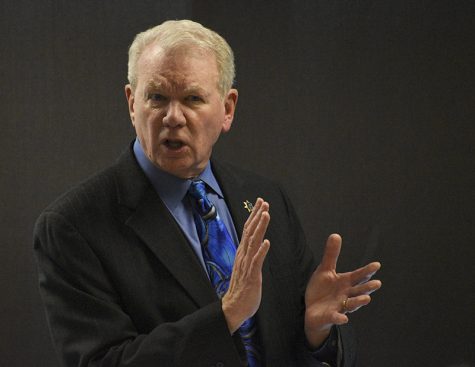
Ramsey and Reid both began the event stressing the fact that recreational cannabis is “still illegal even if you’re under the age of 21.” They also added that many of the laws that are applied to alcohol consumers are the same laws cannabis users must follow.
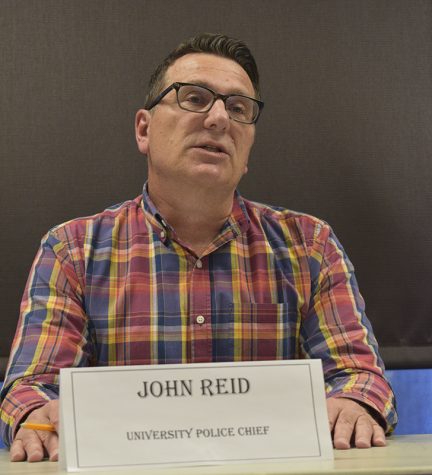
“It’s still illegal to smoke cannabis in public and it’s still illegal to have ‘open containers’ of it on campus and in public,” Reid said.
Dr. Miller mainly talked about the health effects of cannabis and the potential harm it can cause on our bodies. Miller handed out a flyer that explained potential problems with cannabis, citing information from a report done by the National Academy of Sciences.
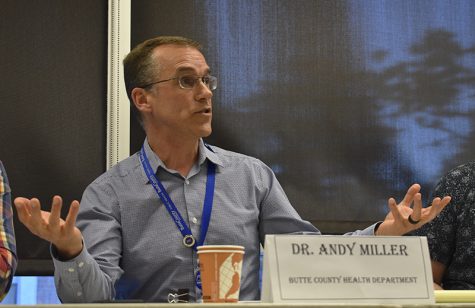
“I just wanted to hit some highlights and to understand this very detailed and is the best evidence we have at this point on the effects of cannabis,” Miller said.
Monteon expressed his concerns on Prop 64 in Butte County. He explained that while the majority of people in Butte County and in Chico voted to legalize cannabis, Chico’s City Council still voted to ban commercial cannabis dispensaries in the city limits.
Monteon also shared why he got into the cannabis industry.
“I started in the cannabis industry in November of 2015 and before that I was a Chico State student taking care of my grandmother. She was on 39 prescription medications and overdosed one night. Throughout the time I was taking care of her, I did not use recreational cannabis,” Monteon said.
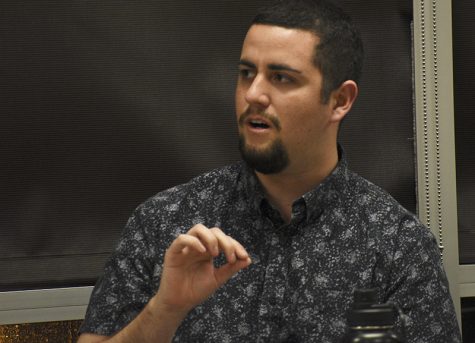
“I do now use it. I wanted my grandmother to use medical marijuana because a lot of the symptoms she was dealing with could have been dealt with medical cannabis, but she did not want it to be a part of her because she did not want to be labeled a ‘dope head.’ It was just ‘reefer madness’ that has been embedded on many older generations. It’s just unfortunate,” Monteon said.
Mackenzie advocated for legalizing commercial medical cannabis in Butte County so that her family members and others who could benefit from regulated cannabis treatments.
“I want my aunt to be able to go somewhere and buy it where she knows what she’s getting, she knows what’s in the product, she knows its potency, she has a correct dosage and she is certain that she is getting what she is supposed to be getting,” Mackenzie said.
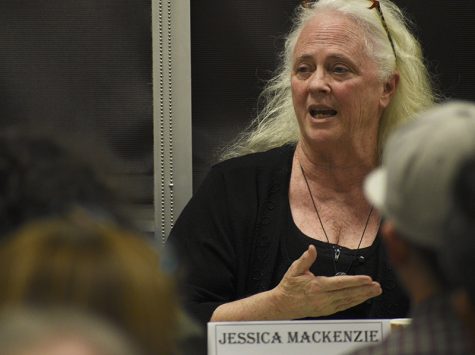
The Q&A that followed the introduction brought up many questions on the specific details on Butte County’s cannabis laws and also incited debate on recreational cannabis usage between members of the panel.
Monteon and Mackenzie, both strong advocates for recreational marijuana, argued statistics in Colorado with Dr. Miller and Ramsey in relation to the amount of automobile deaths rising since the legalization of marijuana in that state.
Monteon and Mackenzie both argued that correlation does not causation and pointed out that cannabis stays in a person’s system for days and weeks at a time. Dr. Miller, however, said he stuck the facts he presented from National Academy of Sciences which show that cannabis can impair people’s driving.
While the panelists disagreed on several aspects, they came to the consensus that now is the time to research and comment on how Prop 64 affects the general public.
Roberto Fonseca and Grayson Boyer can be reached at [email protected] or @theorion_news on Twitter.
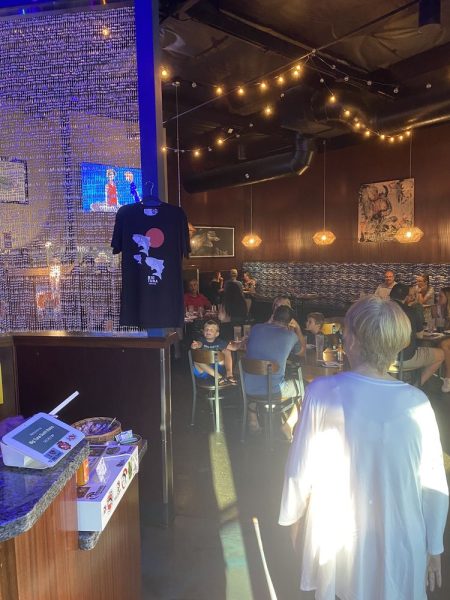
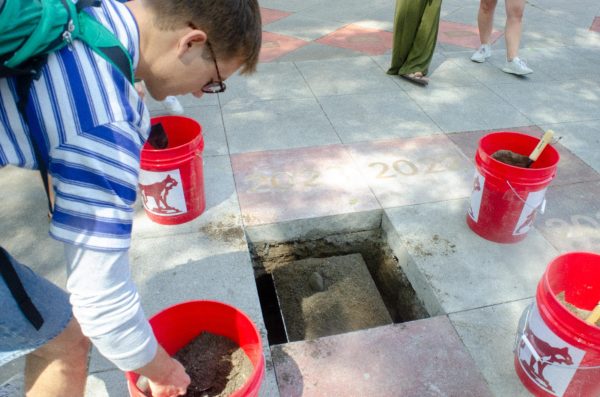
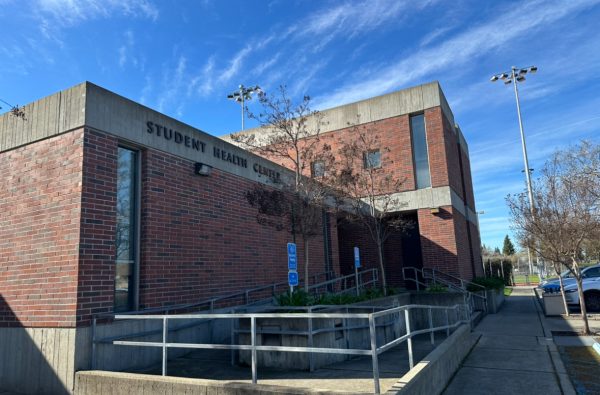





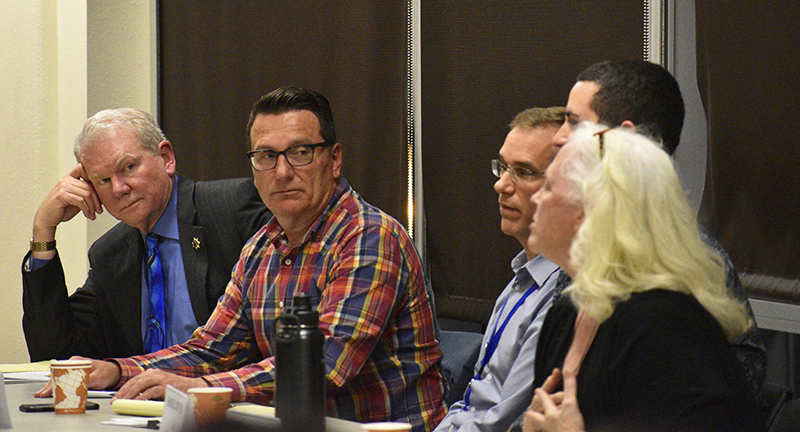
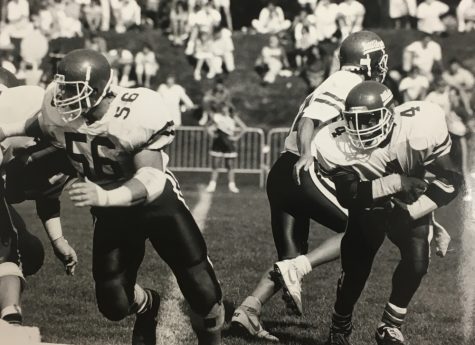
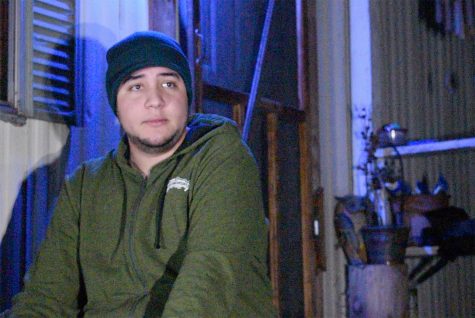
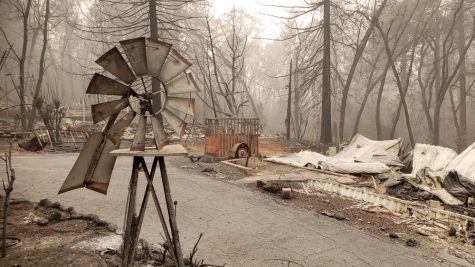
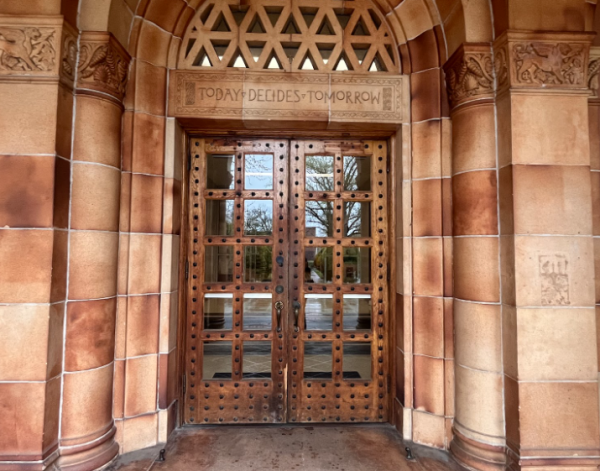
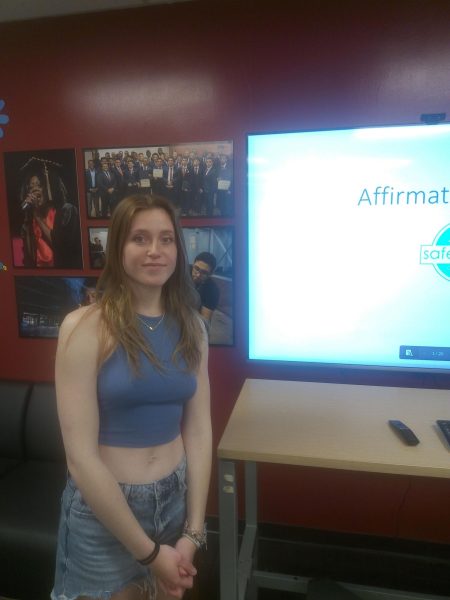
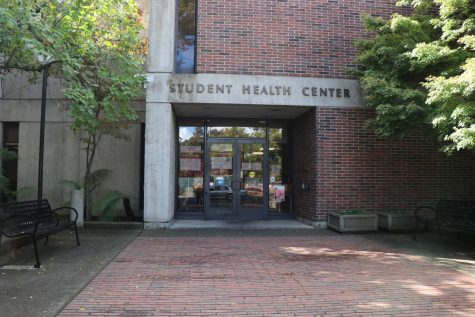

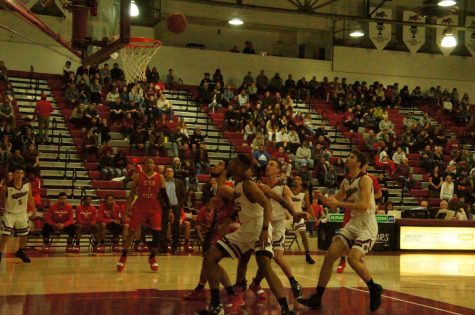
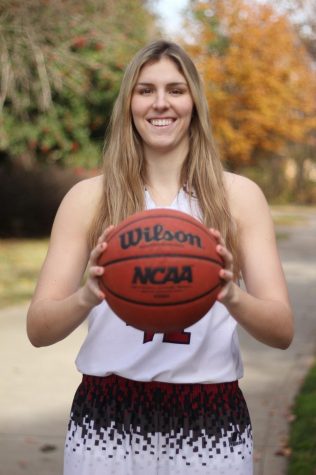
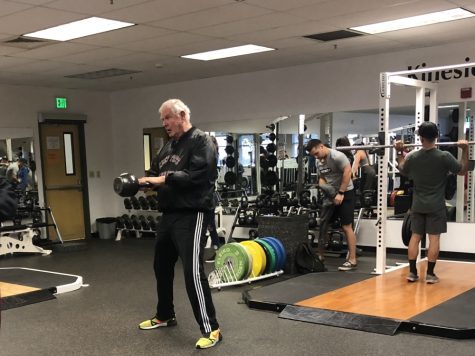
Jason Woodruff // Apr 20, 2018 at 7:06 pm
Kudos to Nadine Salas and CADEC for organizing this event! A well needed discussion in Butte County. If I knew that discussion was going to take place I would have liked to attend, just didn’t know about it. Gotta love the Orion for a good story!
Jason Woodruff
Magalia, CA